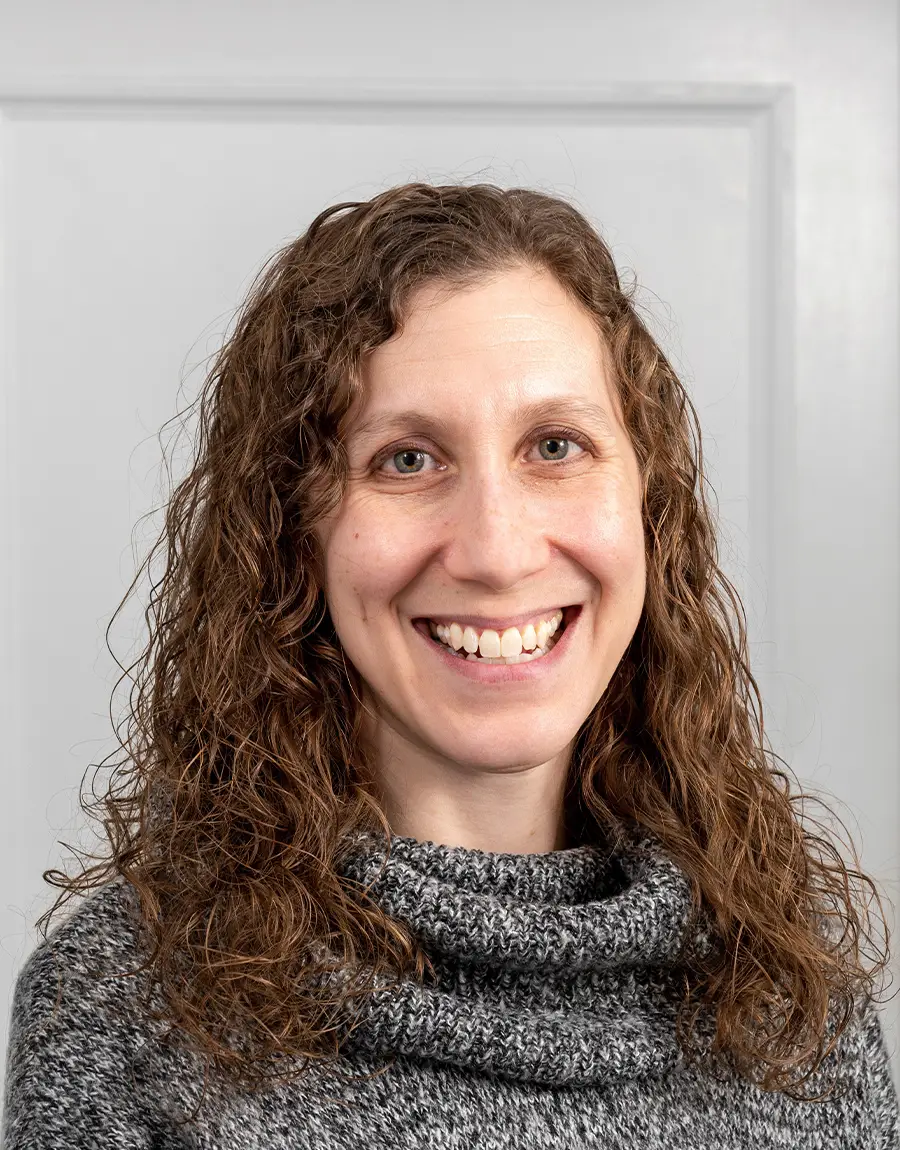At Vassar, Mental Wellness Is a Community Effort
by Liz Seegert
Adobe Stock Photo
he statistics are sobering: A majority of college students across the U.S. struggle with mental health issues. Reports of depression, anxiety, eating disorders, and suicidal thoughts are on the rise. A Healthy Minds Study of students 18 and older found that fewer than 4 in 10 considered their mental health positive. And a 2024 Gallup poll found that 35 percent of college students nationally have considered leaving their program in the past six months. Mental health and stress were cited as the most important reasons by two-thirds of students who considered quitting.
No educational institution is immune from this crisis. Many schools, including Vassar, are rethinking their approaches to student well-being, embracing a more holistic, innovative perspective to student mental health, according to Wendy Freedman, Director of the Counseling Service.
The College emphasizes a comprehensive model, where various departments—including counseling, health services, and case management—work together to assist any student in need, whether they are in immediate crisis or want ongoing counseling.
Faculty and staff are trained to better identify and support students in need, de-stigmatize mental health issues, and encourage students to seek help. Students can access walk-in appointments, group therapy, and individual sessions. That’s not something every campus can provide, Freedman noted.
“It’s really not enough for them to just have an occasional counseling session. We really need to be thinking about how best to support a student’s well-being through a whole-campus strategy,” she said.
Although Vassar’s Counseling Service operates on a short-term model, there are no strict session limits, allowing staff to support students in ongoing care who would have access barriers otherwise. The goal is not just to provide immediate relief, but to help students build resilience and coping strategies that will support their independence and success long after graduation.


Intervention, early and as often as needed
CARE, under the direction of Erika Lee, provides individualized case management for students, linking them to services on and off campus. The area works closely with other offices within the Office of Student Living and Wellness to create a cohesive, supportive environment. This is vital, particularly as students navigate increasing mental health challenges and societal pressures.
A key feature of Vassar’s mental wellness approach is its commitment to reaching students before they even arrive on campus. As part of the acceptance process, students are encouraged to think proactively about their mental health and self-care strategies. “We send out messages to highlight self-care, encourage them to think about the things they need to thrive, and how to put them in place proactively when they get to college, by connecting to on-campus or to off-campus resources, then we help them do that,” Freedman said.
During orientation, the departments in the Collaborative Health offices make a point to be a visible presence and to connect with new students. Then, once students are fully ensconced, the student support network meets weekly to discuss who might need assistance and how to best provide that support.
Students are not just seen as scholars, but as complex individuals, each with their own set of challenges. Many come to Vassar with histories of trauma or other significant life stressors. These experiences can sometimes manifest as disordered eating, substance abuse, or self-harm, Freedman explained.
Faculty and staff learn mental health first aid to identify, understand, and reach out to anyone who may show signs of needing help, said Luis Inoa, Dean of Student Living and Wellness. Vassar also provides QPR training, a suicide prevention approach that urges community members to “question, persuade, and refer” at-risk students. The College is also deeply committed to students who come from different backgrounds and cultures, or those who may struggle with physical challenges, neurodivergence, or ADHD, Inoa added.
“There’s a community of adults who care deeply about our students,” said Inoa. “Needs evolve over time, and students may require different mental or emotional support as they progress through their college years.”
While on-campus services offer counseling every two weeks, some students need more frequent sessions. A partnership with Charlie Health, a virtual intensive outpatient program, means students can receive nine hours of group therapy and one hour of individual therapy weekly. No other liberal arts institution currently offers remote intensive outpatient services, supported by donor funds. (See page 39 for information about the gifts that support wellness at Vassar.)
Students can also get support through Kind Minds, an outpatient therapy practice that provides dialectical behavior therapy (DBT), designed to help individuals who have difficulties in regulating intense emotions; this consists of individual therapy, group therapy, and 24/7 phone coaching for specific skills. The CARE office finds students additional off-campus treatment options that are a good match for their needs.
Continuity of CARE
Lee and colleague Jessie George meet with any student who needs care coordination. They help pinpoint the best care for each, regardless of where these services are located. CARE works with the Counseling Service to ensure that students are making and keeping appointments, speaks with local providers about off-campus care, and helps students navigate insurance and financial barriers. And, when inpatient services are needed, case-management services, it ensures that students returning to campus after hospitalization or treatment can seamlessly reintegrate into their academic and social lives.
“The beauty of the CARE office is that we’re here for the community, whether you’re just coming in as a student, or you’ve graduated, or you’re in the middle of your academic career here. Once you’re a Vassar student, you’re part of the Vassar community, and you are part of the Vassar community forever.”